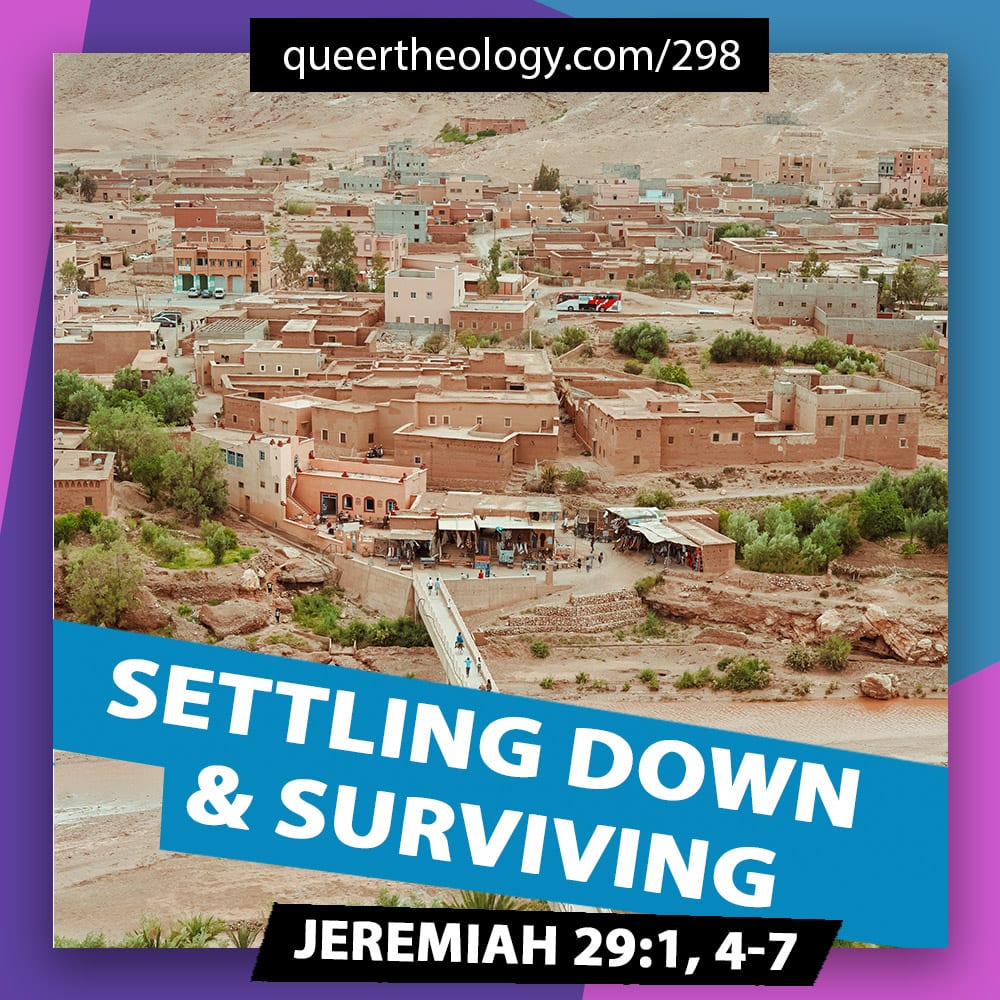- Other
- SEE MORE
- classical
- general
- talk
- News
- Family
- Bürgerfunk
- pop
- Islam
- soul
- jazz
- Comedy
- humor
- wissenschaft
- opera
- baroque
- gesellschaft
- theater
- Local
- alternative
- electro
- rock
- rap
- lifestyle
- Music
- como
- RNE
- ballads
- greek
- Buddhism
- deportes
- christian
- Technology
- piano
- djs
- Dance
- dutch
- flamenco
- social
- hope
- christian rock
- academia
- afrique
- Business
- musique
- ελληνική-μουσική
- religion
- World radio
- Zarzuela
- travel
- World
- NFL
- media
- Art
- public
- Sports
- Gospel
- st.
- baptist
- Leisure
- Kids & Family
- musical
- club
- Culture
- Health & Fitness
- True Crime
- Fiction
- children
- Society & Culture
- TV & Film
- gold
- kunst
- música
- gay
- Natural
- a
- francais
- bach
- economics
- kultur
- evangelical
- tech
- Opinion
- Government
- gaming
- College
- technik
- History
- Jesus
- Health
- movies
- radio
- services
- Church
- podcast
- Education
- international
- Transportation
- kids
- podcasts
- philadelphia
- Noticias
- love
- sport
- Salud
- film
- and
- 4chan
- Disco
- Stories
- fashion
- Arts
- interviews
- hardstyle
- entertainment
- humour
- medieval
- literature
- alma
- Cultura
- video
- TV
- Science
- en
Settling Down & Surviving Jeremiah 29:1, 4-7

In such a short yet beautiful scripture, we are reminded that life is full of uncertainty. That there will be obstacles and sacrifices along the way before we receive what was promised to us. All of these are very relatable points for us queer folks. On that same note, we keep the faith despite being exiled because we know that we will see the promised land \u2014 someday.\nEpisode TranscriptBrian: Welcome to the Queer Theology podcast!\nFr. Shay: Where each episode, we take a queer look at the week\u2019s lectionary readings. We\u2019re the co-founders of QueerTheology.com and the hosts for this podcast. I\u2019m Father Shay Kearns\xa0\nB: And I\u2019m Brian G. Murphy.\nB: Good morning! Today is Sunday, October 13th, 2019. This is episode 298 of the Queer Theology podcast. I can hardly believe how long we\u2019ve been doing this. We\u2019ve got some exciting announcements coming up around our episode 300, so stay tuned for that. Today we are going to be looking at Jeremiah 29:1, 4-7 I will read it to you now.\nThe prophet Jeremiah sent a letter from Jerusalem to the few surviving elders among the exiles, to the priests and the prophets, and to all the people Nebuchadnezzar had taken to Babylon from Jerusalem.\nThe Lord of heavenly forces, the God of Israel, proclaims to all the exiles I have carried off from Jerusalem to Babylon: Build houses and settle down; cultivate gardens and eat what they produce. Get married and have children; then help your sons find wives and your daughters find husbands in order that they too may have children. Increase in number there so that you don\u2019t dwindle away. Promote the welfare of the city where I have sent you into exile. Pray to the Lord for it, because your future depends on its welfare.\nI\u2019m really excited to dive into this passage because there\u2019s a few things that I think are gonna be juicy for our listeners. So Shay, what comes up for you?\nFS: Yeah, I love this. You know, we\u2019ve been talking a lot in the Bible course that we just finished. We talked a lot about understanding the historical context of scripture and how that, unless you understand the historical context, you miss a lot. And we talked about how the Hebrew scriptures, in particular, were written in exile. Right? So much of the Hebrew scriptures is about the people of Israel being taken away from their homeland and away from the land that they had been promised. Living in exile, far away from home and with people in charge of them.\xa0\nSo I love that we have this little tidbit of a passage, right? It\u2019s really short, but there\u2019s so much stuff in it and the instructions that they are being given from God, the God who has promised them that they would have their own land \u2014 a land of their own where they can worship freely, is now to settle down in this city where they are in exile. And I can just imagine how traumatic that would have been for the people to hear. And not only that but they\u2019re being told to get married and have kids, and then help their kids get married and have kids. So we\u2019re talking like they\u2019re gonna be in exile for a really long time, and that\u2019s gotta be devastating to hear that this promise that they have been waiting for is not coming anytime soon. And that even when it does come, that they probably won\u2019t see it. But what I love is the kind of insidiousness of the end of this passage or this bit that we get, \u201cPromote the welfare of the city where I have sent you into exile\u2026 because your future depends on its welfare.\u201d\nI think that this is fascinating, right? Because they\u2019re being told, basically to help the people who took them into exile. And I think that in the conservative Christian whatever, that I would\u2019ve grown up hearing this it would\u2019ve been, you know, because God has your back in the end, so it\u2019s a way to convert them, it\u2019s a way to be \u2014 whatever. I think that really, it\u2019s this sense of like, no this is a survival tactic when you are outnumbered, you need to have some allies, and some protection in place. I think that this is a prophet telli